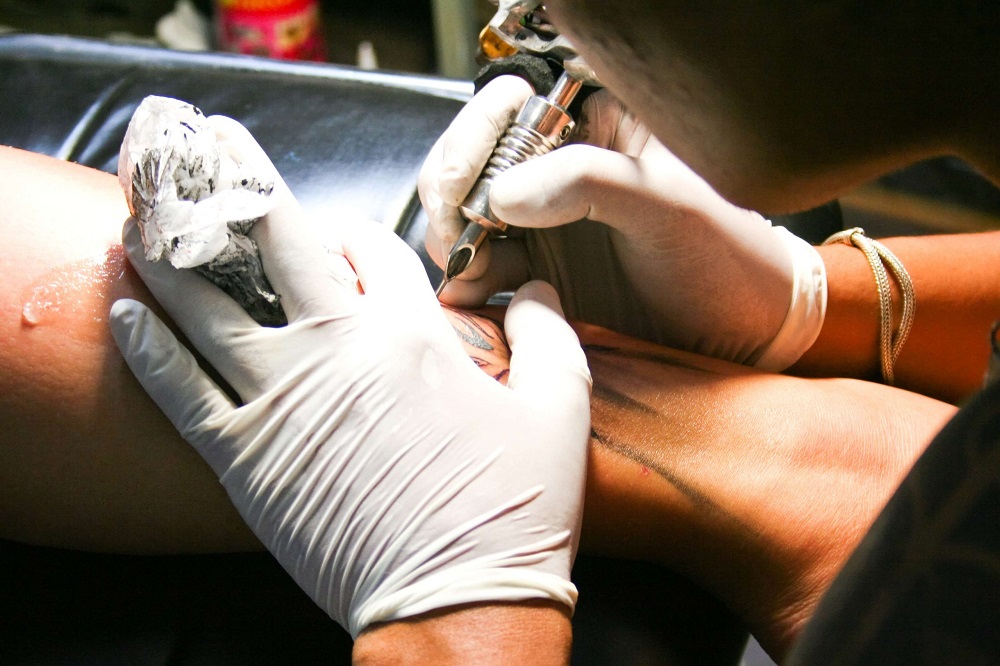These symptoms occur as your body attempts to eliminate excess ketones and deal with the metabolic disruption. The feeling of abdominal pain might be particularly troubling, and could even indicate acute pancreatitis, which often affects individuals with alcohol use disorders. Interestingly, just like the digestive benefits of chia seeds can enhance overall health, the way your body metabolizes alcohol can be influenced by your nutritional intake. If you’ve had a few too many drinks, your sweat might carry sweet, tangy, or even sour notes. It could remind you of acetone, especially if you’re experiencing alcoholic ketoacidosis, which is more common in heavy drinkers. Blood tests for the diagnosis of diabetic ketoacidosis measure glycemia (sugar level), pH (blood acidity), and ketone bodies.
Can other people smell alcohol on me?
Moreover, if you’re experiencing alcohol withdrawal, addressing these health issues promptly is essential. Recognizing these signs can lead you to seek addiction treatment, which is a vital step towards recovery. When it comes to body odor, many mightn’t realize that alcohol consumption can play a significant role.
Understanding Iritis: Symptoms, Causes, and Its Link to Diabetes
Patients with DKA may have a myriad of symptoms on presentation, usually within several hours of the inciting event. Symptoms of hyperglycemia are common, including polyuria, polydipsia, and sometimes more severe presentations include unintentional weight loss, vomiting, weakness, and mentation changes. Dehydration and metabolic abnormalities worsen with progressive uncontrolled osmolar stress, which can lead to lethargy, obtundation, and may even cause respiratory failure, coma, and death. Patients with AKA usually present with abdominal pain and vomiting after abruptly stopping alcohol. DKA occurs more frequently with type 1 diabetes, although 10% to 30% of cases occur in patients with type 2 diabetes,2 in situations of extreme physiologic stress or acute illness.
Other Symptoms
Alcohol dehydrates the body, causing the mouth to dry out and reducing the production of saliva, which is responsible for keeping the mouth clean of bacteria that cause bad breath. Gastrointestinal disturbances from these drugs can also contribute to changes in drug addiction breath and overall body scent. Alcoholic ketoacidosis is like the body’s red alert after a booze binge without enough food. It happens when the body, seeking energy by burning fat, starts burning fat instead of blood glucose. One of the most common types of liver disease is called cirrhosis, which occurs when the liver’s healthy tissues are replaced with scar tissue.

Ammonia-Like Odor and Kidney Dysfunction in Diabetes
So, even if the person had consumed alcohol hours before, their breath or clothing may still give off a strong smell of alcohol. The hallmark of AKA is ketoacidosis without marked hyperglycemia; the serum glucose level may be low, normal, or slightly elevated. These reactions highlight the societal impacts of alcohol misuse, as discussions about alcoholic body odor often lead to deeper conversations about mental health and community wellbeing. Initial IV fluids should contain added water-soluble vitamins and magnesium, with potassium replacement as required.
- This could be due to a number of factors, including medical conditions or even certain foods that can cause a similar scent.
- Additionally, saliva contains enzymes that inhibit bacterial growth and aid in the mechanical removal of plaque through swallowing.
- Our expertise and experience in addiction treatment can provide the support needed alcoholic ketoacidosis smell to address this complex health issue.
- However, this does not necessarily indicate that they have consumed alcohol and could be due to other factors such as diabetic ketoacidosis or poor hygiene.
Diagnosis and Testing
Sweat is naturally odorless, but when it combines with bacteria on our skin, it can produce an unpleasant smell. Another possibility is poor hygiene, which can lead to bacterial growth on the skin and produce unpleasant odors. This can be a problem for individuals with diabetes, as they may be more prone to infections and skin conditions that can contribute to bad smells. However, this is not specific to individuals with diabetes and can affect anyone who does not practice good hygiene habits.
Neurological Signs: Can Alcoholic Ketoacidosis Affect the Brain?
Alcohol abuse treatment programs teach people how to move into an alcohol-free lifestyle while teaching them healthy coping strategies. Correct diagnosis is essential for effective treatment of AKA, and these laboratory tests provide the necessary data to confirm the presence of the condition. Research has found a number of “genetic, biological, behavioral, psychological, and social factors” that can increase the risk of eating disorder development 2.
These tests include measuring ketone levels, often detecting high concentrations of alcoholic ketoacidosis smell acetoacetate and beta-hydroxybutyrate. Individuals with alcoholic ketoacidosis may also experience symptoms similar to those of alcohol withdrawal or acute pancreatitis, such as tremors, seizures, and fever. Binge drinking affects the body in complicated ways and can prohibit organs from performing their necessary functions.

How to Prevent Alcoholic Ketoacidosis
Bad breath after drinking alcohol happens because the system becomes deprived of water, which dries out the mouth. A dry mouth reduces the natural production of saliva, and without saliva keeping your mouth clean of the bacteria that cause bad breath, the issue can worsen. Signs of alcohol abuse can extend past physical signs and work their way into non-physical manifestations.
